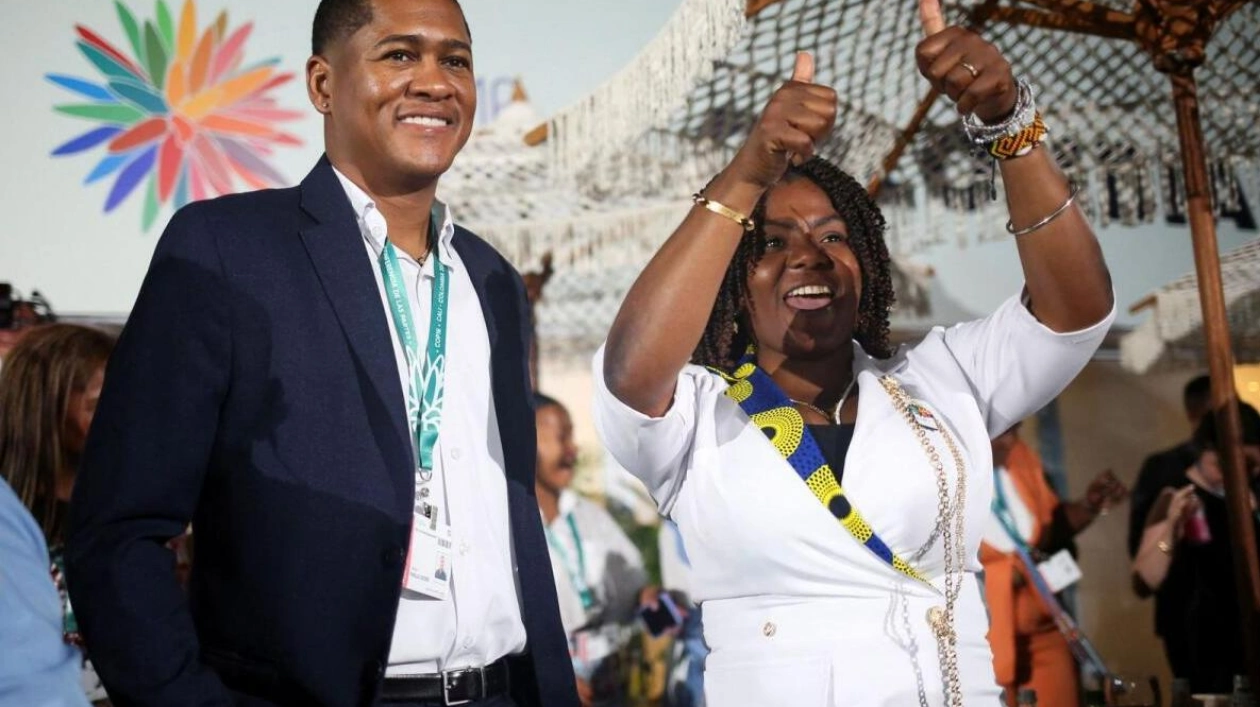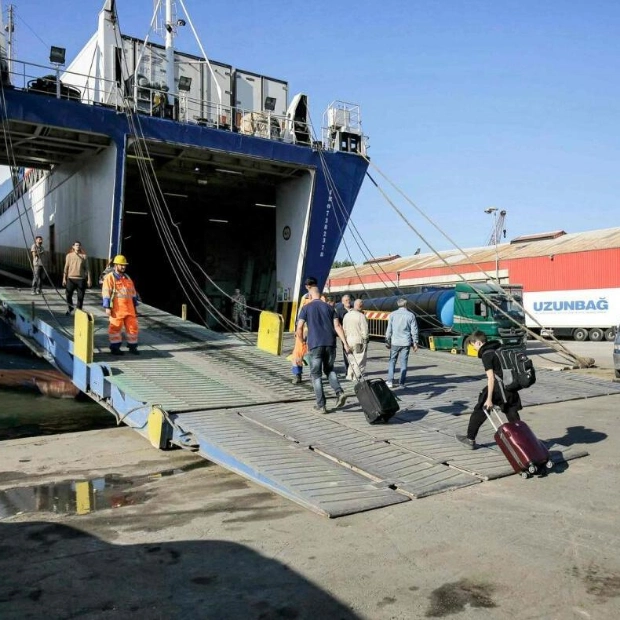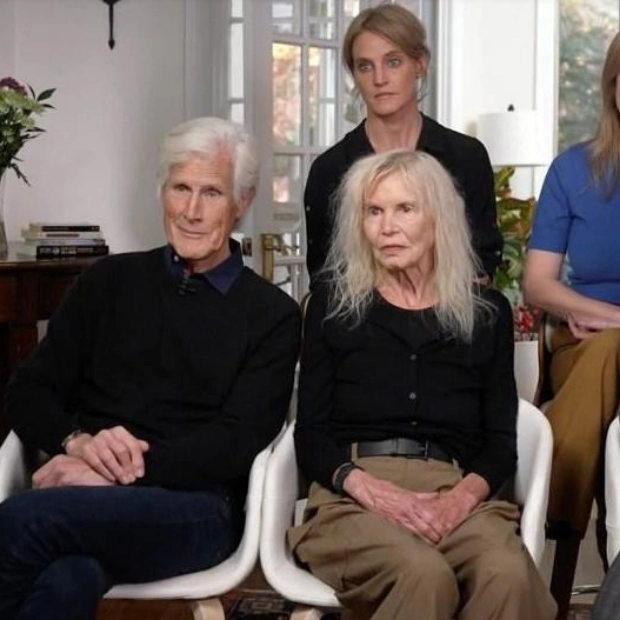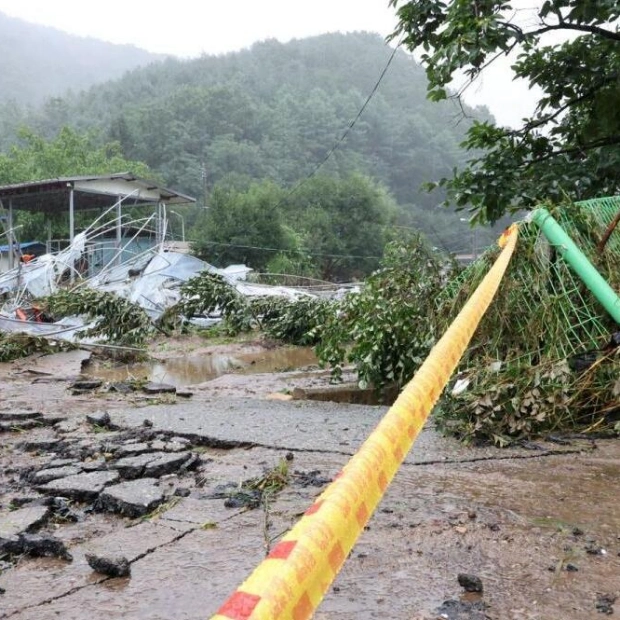Colombia's Vice-President Francia Marquez and her partner, Rafael Yerney Pinillo, were seen dancing at the opening concert of the 16th United Nations Biodiversity Summit (COP16) in Cali, Colombia, on October 20, 2024. – Reuters
The world's largest nature protection conference kicked off in Colombia on Monday, with UN Secretary-General Antonio Guterres urging countries to transform their commitments into concrete actions and bolster a fund aimed at addressing biodiversity loss. In a video message played at the event, Guterres called for significant investment in the Global Biodiversity Framework Fund (GBFF), established last year, and urged nations to mobilize additional public and private finance sources. "Those who profit from nature must contribute to its protection and restoration," he emphasized.
The GBFF was created to assist countries in achieving the objectives of the Kunming-Montreal Global Biodiversity Framework (GBF), adopted in Canada in 2022, which sets 23 targets to halt and reverse nature loss by 2030. So far, countries have pledged around $250 million to the fund. This initiative is part of a broader agreement from Montreal in 2022, which aims to mobilize at least $200 billion annually by 2030 for biodiversity, including $20 billion per year from wealthy nations to support developing countries.
Guterres highlighted that the destruction of nature exacerbates conflict, hunger, and disease, perpetuating poverty and hindering economic growth. "A collapse in nature's services, such as pollination and clean water, would result in trillions of dollars in annual economic losses, disproportionately affecting the poorest," he warned. Approximately 12,000 delegates from nearly 200 countries, including 140 government ministers and a dozen heads of state, are attending the COP16, themed "Peace with Nature," which runs until November 1.
The conference faces the urgent task of developing monitoring and funding mechanisms to ensure the 23 UN targets are met. However, the event has been overshadowed by threats from Colombia's EMC rebel group, a faction of the disbanded FARC guerrilla army, which has warned foreign delegations to stay away and predicted the conference's failure. This threat followed a military raid targeting EMC fighters in the southwest Cauca region, where the group is accused of drug trafficking and illegal mining.
Cali, the nearest large city to EMC-controlled territory, has been on high alert. Colombian President Gustavo Petro addressed the ceremonial event, expressing security concerns just two days prior. Cali's mayor, Alejandro Eder, assured that authorities had the situation under control, with over 10,000 police officers and Colombian Armed Forces units securing the city's perimeter.
With only five years left to achieve the target of protecting 30% of land and sea areas by 2030, delegates face a daunting task. Renowned British primatologist Jane Goodall warned that time is running out to reverse the decline in biodiversity. "The time for words and false promises is past if we want to save the planet," she cautioned. According to the International Union for Conservation of Nature (IUCN), over a quarter of assessed species, approximately one million in total, are at risk of extinction.
Taking over the COP presidency, Colombian Environment Minister Susana Muhamad emphasized the need for a shift in values, stating, "Nature is not a resource; it is the fabric of life that makes our existence possible." Host Colombia, one of the most biodiverse countries globally, has made environmental protection a priority under its first leftist president, Gustavo Petro. However, the nation continues to grapple with six decades of armed conflict involving various factions.
Source link: https://www.khaleejtimes.com






